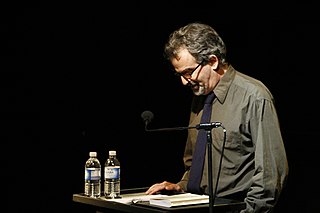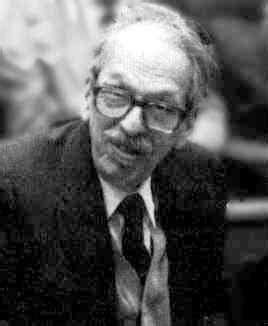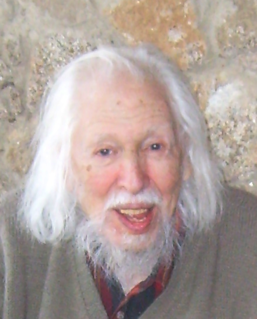A Quote by William Carlos Williams
The poem springs from the half spoken words of the patient.... When asked, how I have for so many years continued an equal interest in medicine and the poem, I reply that they amount for me to nearly the same thing.
Related Quotes
I don't know what started me, I just wrote poetry from the time was quite small. I guess I liked nursery rhymes and I guess I thought I could do the same thing. I wrote my first poem, my first published poem, when I was eight-and-a-half years old. It came out in The Boston Traveller and from then on, I suppose, I've been a bit of a professional.
The subject of the poem usually dictates the rhythm or the rhyme and its form. Sometimes, when you finish the poem and you think the poem is finished, the poem says, "You're not finished with me yet," and you have to go back and revise, and you may have another poem altogether. It has its own life to live.
I keep feeling that there isn't one poem being written by any one of us - or a book or anything like that. The whole life of us writers, the whole product I guess I mean, is the one long poem - a community effort if you will. It's all the same poem. It doesn't belong to any one writer - it's God's poem perhaps. Or God's people's poem.
My first spoken word poem, packed with all the wisdom of a 14-year-old, was about the injustice of being seen as unfeminine. The poem was very indignant, and mainly exaggerated, but the only spoken word poetry that I had seen up until that point was mainly indignant, so I thought that that's what was expected of me.
I think you can perform any poem. But what I believe is that the best examples of spoken word poetry I've ever seen, are spoken word poems that, when you see them, you're aware of the fact they need to be performed. That there's something about that poem that you would not be able to understand if you were just reading it on a piece of paper.


































